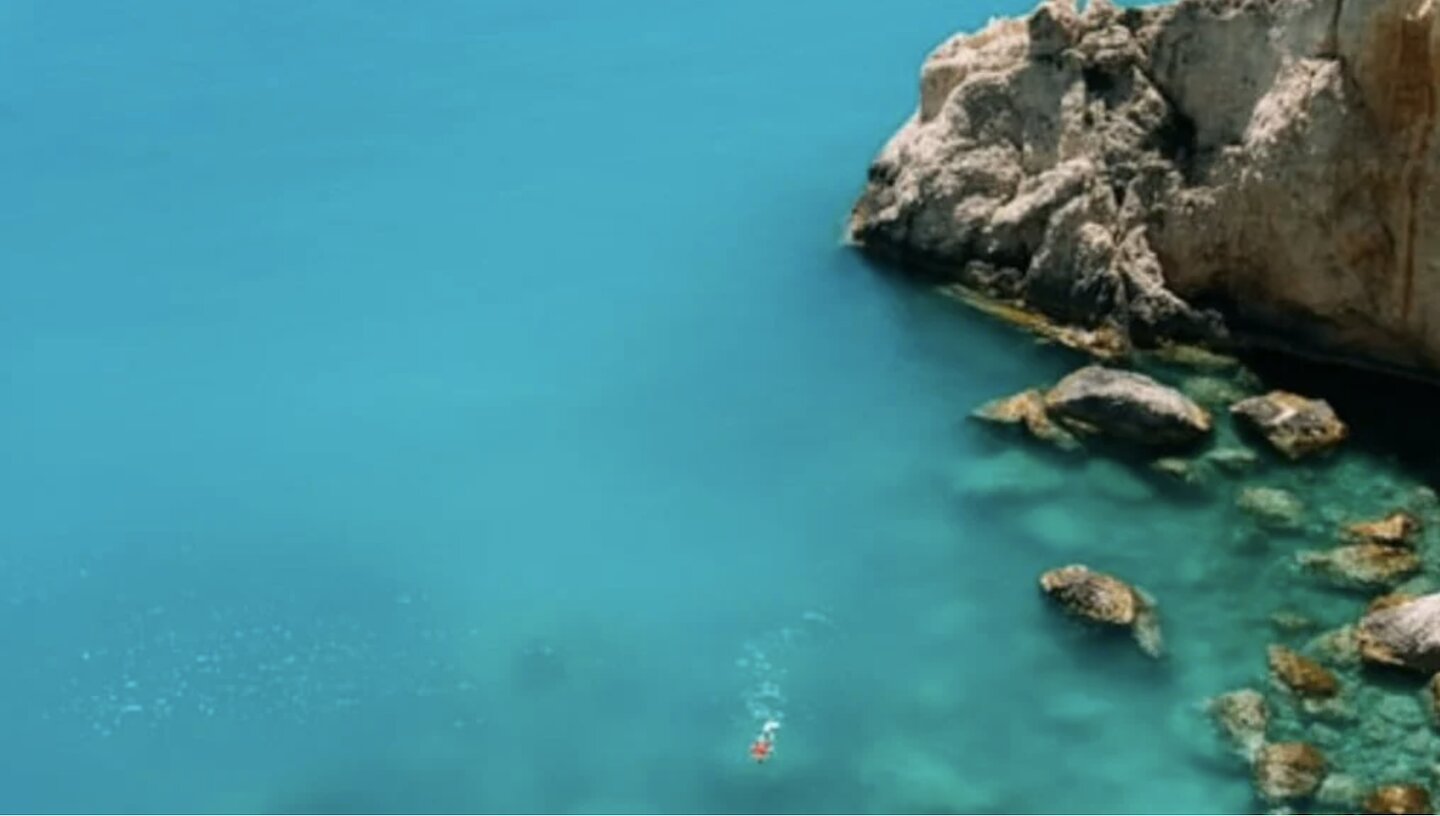
Photo: Unsplash
Greece welcomes tourists, airlines announce flights but Australia’s government dashes hopes of travel
As Greek summer approaches, the key question on many people’s minds is “When will I be able to travel Greece again?”
Greece’s Prime Minister Kyriakos Mitsotakis this week said hotels will open on 15 June and direct flights would allow visitors to enter the country from 1 July. The announcement came just a couple of days after Monday’s ceremonious opening of outdoor archaeological sites around the country, coupled with the weekend’s opening of organised beaches as temperatures soared to 40 degrees centigrade in Athens in the hottest May of the last 150 years.
With the reopening of Greece’s tourism, a series of motions kicked into action.
Etihad and Emirates, which connect Australia with Europe, announced they will offer regular flights to Greece from July, while Aegean Airlines announced its readiness to restore its network to European destinations. Meanwhile, Qatar Airlines is continuing to offer emergency flights to and from Australia and Greece, four times a week, as it has been throughout the duration of the COVID-19 pandemic. After COVID-19 hibernation, upmarket resorts such as Grecotel, Sani, Four Seasons Astir Palace at Vouliagmeni and Costa Navarino are already accepting online bookings.
The news comes as welcome relief to Greece’s leading tourism association. SETE spokesman Yiannis Retsos said, “Tourism, especially after the opening of the borders on 1 July, is called upon to once again be at the forefront of the fight for Greece’s recovery.”
READ MORE: Greece opens up tourism to 20 countries as AEGEAN increases flights
The salvation of the summer season, however, will be a slow process.
In opening the country’s borders to select holidaymakers, the Greek government has evaluated all tourist destinations according to risk levels: “low”, “medium” and “high”, and would only accept “visitors with good epidemiological characteristics, while criteria to be evaluated are road access, medium flight distance and diaspora communities.”
Initially, Greece’s tourism will reopen to 20 countries
mainly from EU member states in the Schengen area, the Balkans – in particular Bulgaria – as well as other individual countries which have reached agreements with Greece, such as Israel.
While the specific countries have yet to be announced, British tourists had their holiday hopes dashed when Greek Tourism Minister Haris Theoharis told ITV News that the “current medical status” in the UK meant that Britons were unlikely to be on the ‘white-list’ of tourists allowed to enter. “I think the UK has a big difference in terms of the current medical status of the country so I don’t think it’s likely,” he said.
READ MORE: A journey to Greece’s tourism campaigns: from archaeology to sharing authentic experience and values
Australians will also not enjoy Greece’s beauties this year after Australia’s Prime Minister Scott Morrison presented a national roadmap with three steps towards easing restrictions which made no mention of international travel, beyond New Zealand.
“After you take account of international tourists coming here, and Australians going overseas, that there is an import, net import factor, of just over $20 billion,” he said. “Now, that’s up for grabs for Australian domestic tourism operators.”
His proposal of taking advantage of Australia’s offerings may be tantalising, however Greece’s decision to open its gates to foreign tourists from 20 countries this week came as a painful taunt to all those who had been hankering for a Greek summer vacation.
Neos Kosmos sources from within the tourism industry do not expect travel to Greece to kick off before January 2021.

